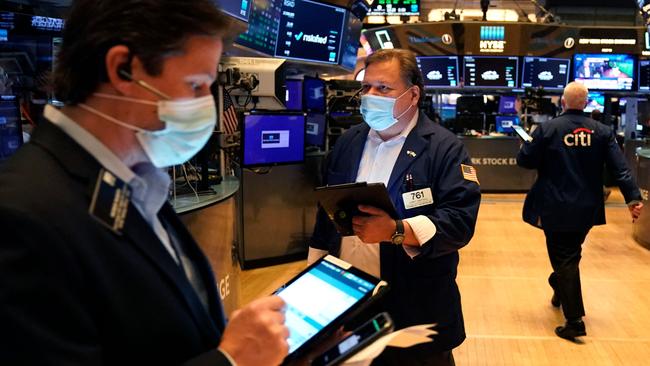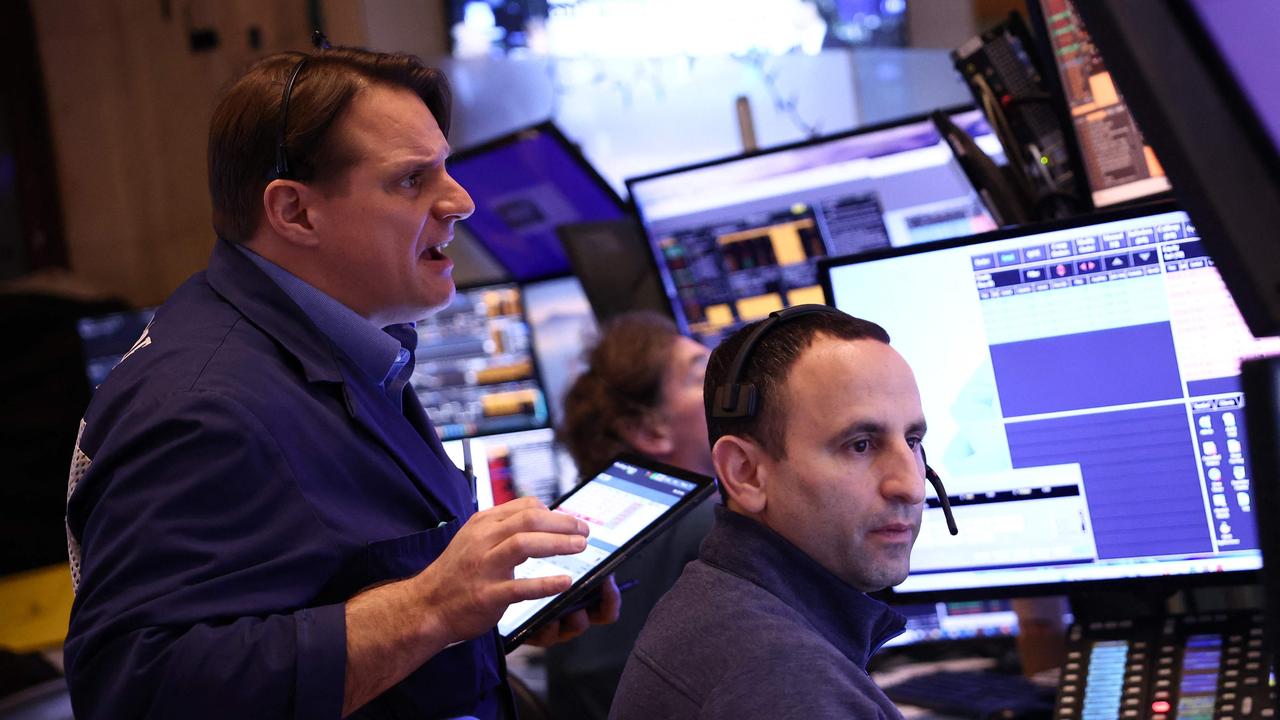
Share markets and the Delta variant of Covid-19 are engaged in a strange love-hate relationship which has few global precedents.
In Australia the entire east coast is in some form of shutdown yet the share and property markets remain strong.
In a similar pattern, the US and other share markets are also strong even though globally the Delta variant has hit the 100 million case mark in just over six months, whereas previous variants took 12 months to reach that figure.
The US, Brazil, Indonesia, India and Iran account for about 38 per cent of cases reported each day, with the US still accounting for one in every seven worldwide infections reported. The US infection rate is concentrated in the south and among the unvaccinated. Like Australia the US share market remains strong.
In these markets the most dangerous force is considered to be rising inflation, which will push interest rates higher. Share and property markets have attained their high levels on the back of the record low interest rates plus, of course, a big rise in profits and therefore dividends.
In the US we have seen some high inflation figures but markets are discounting them, believing they are one-off events often created by stock shortages that can be overcome.
The biggest threat is that there will be a wages explosion created by labour shortages which would cause the inflation genie to jump out of the bottle. The pattern in Australia is similar. Despite labour shortages, the rise in infection rates and lockdowns is likely to put a brake on wage rises. It’s simply not a good time to ask for a wage increase.
Accordingly the market indicator of inflationary fears -- the 10-year bond rate --- remains remarkably low, which boosts shares and property. And the rising values of assets, including the domestic home, have boosted wealth and greatly widened the gap between the rich and the poor. In that environment, with wages under control, profits in many US and Australian corporations have risen strongly and Australian fortunes have been boosted by the iron ore price.
In Australia the Delta variant has further helped markets, giving them an added boost by creating a sense of vaccination urgency in the Morrison government and the community.
Share markets traditionally focus about six to 12 months ahead and when Covid gathered pace it was incorrectly anticipated that by now infection rates would have been much lower.
But in August 2021 the rising vaccination rates and the aggressive targets open up a vista of hope for 2022.
It’s a classic Goldilocks situation where the current bad Delta news pushes up both bond and share prices.

So what can go wrong? The most obvious is that as vaccinations bring Delta under control the shortage of skills will again rekindle wage demands and we will get hooked onto a inflationary spiral which will push interest rates higher.
Members of the US Federal Reserve and Bank of England indicate that central banks are girding themselves for an inflationary possibility driven by wage rises.
Here in Australia, traditionally it is government workers dealing with weak politicians that are able to ignite wages. Building workers in large construction projects where employers are weak also have traditionally held great wage-boosting power.
It has received very little publicity but in the land of the left wing premier Daniel Andrews the teachers union is seeking wages and other concessions such as lower class sizes that would boost the cost of teaching by 30 or 40 per cent. The obvious response is that there is “no money in the till” but unions tell the Victorian government to go and borrow some more.
The entire government workforce around the nation is watching how a government closely linked to unions handles such an unprecedented claim, which could ignite national public servant wage rises which would spread rest of the community.
The second area where markets may get caught is if the vaccination impact theory disappoints.
One of the main vaccines used in the US is Moderna and the company is concerned that by 2022 the double doses of vaccine administered will have less impact against Delta and other new variants. A new booster shot is being canvassed but that has not been properly tested. The work being undertaken is extensive so the problem may be solved before it arises. But it has only just arisen so the market will need to watch it carefully.
Another uncharted development is the high-technology crackdown in China and the Chinese desire to separate its industry from the US. This is being accompanied by substantial changes in tutoring in China which has propelled a great many of the talents which boosted both the Chinese and the American technology industries. Chinese companies have raised vast sums on the US market and there is a danger that the separation will cause large US losses.
The great hope of the share market is that economic activity remains high but inflation perhaps via Covid fear, remains low. What happened in the 1970s was that inflation broke out but profits did not rise with inflation and we entered into a so-called stagflation era. Diversified share portfolios need to cover that possibility via inflation-protected assets.




